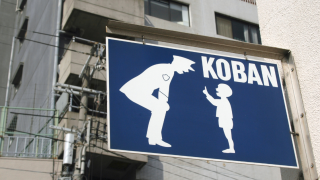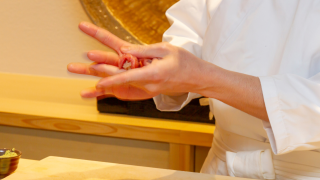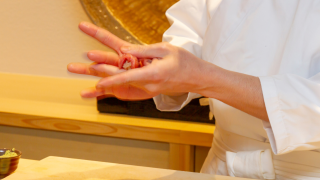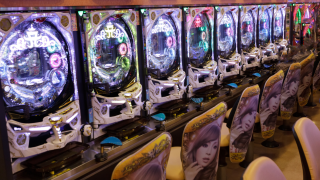 LOANWORD
LOANWORD What Is a Koban? A Clear Explanation of Japan’s Unique Community Policing System
The Koban is one of the key elements behind Japan’s outstanding safety.Found on almost every street corner, these small police boxes reflect the heart of Japanese kindness and protection.For visitors, a Koban often becomes a lasting memory of comfort, safety, and human connection.









